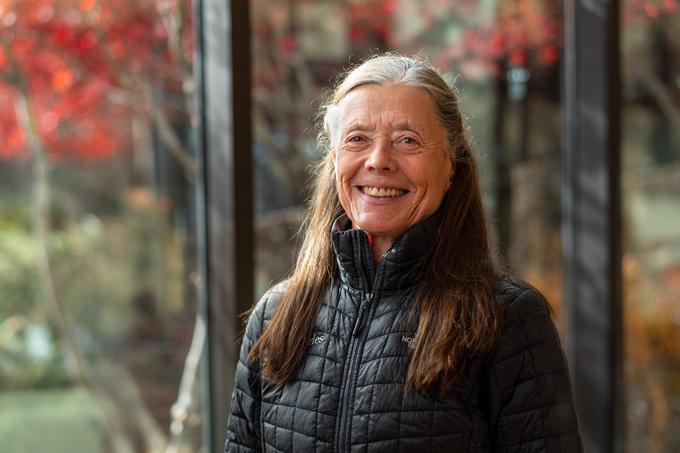As novel coronavirus – aka COVID-19 – continues to spread, local health officials have stressed that the risk to Central Oregonians remains low. Influenza continues to be a much more active threat to our community.
THIS IS AN ARTICLE DATED FEB. 27, 2020. THE COVID-19 CASE NUMBERS HAVE CHANGED AND CONTINUE TO CHANGE SINCE THIS ARTICLE WAS WRITTEN AND AS TESTING IS PROCESSED THROUGH THE STATE LABS. FOR THE MOST UP-TO-DATE INFORMATION, PLEASE VISIT OUR COVID-19 INFORMATION AND RESOURCE PAGE.
As of Feb. 27, there are no known cases of COVID-19 in Oregon, and only 60 in the United States. Officials have seen minimal evidence of the virus spreading in American communities, and there have been no coronavirus-related deaths in the U.S.
Still, with more than 82,000 confirmed cases worldwide (95% of which are in mainland China), people across the globe are watching the epidemic and wondering how long it will continue to spread. COVID-19 is a new illness, and new illnesses often lead to fear and concern for some.
St. Charles Health System is following the guidance of the federal Centers for Disease Control and Prevention and working closely with state and county officials to ensure an aligned and consistent approach to the virus. The organization also has a pandemic-response plan approved by its leadership team that will optimize its resources.
St. Charles is tracking the virus globally and has a report built to track testing locally. So far, no tests have been sent. The health system has also taken steps to ensure an adequate supply of masks, gowns and other personal protective equipment to keep patients and caregivers safe in the hospital should COVID-19 come to Central Oregon.
“We’re engaged in weekly conversations with our partners on this, and we’re sending out twice-weekly communications to our own caregivers to keep them up-to-date on the current processes and procedures,” said Audrey Gudmundsson, manager of infection prevention at St. Charles Bend. “We feel like we're prepared.”
At each St. Charles hospital and clinic, patients with flu-like symptoms are being asked to wear a mask and answer a series of questions, including whether they’ve recently traveled to China. If a patient confirms travel to China or interaction with someone else under investigation for coronavirus, they are to be placed in airborne isolation – a room where air pressure and flow are controlled to prevent the spread of disease. St. Charles has 50 total airborne isolation rooms, including 31 in Bend, 13 in Redmond, four in Madras and two in Prineville.
Once the patient is isolated, the hospital would then contact the county health department, and the county would contact the CDC to facilitate further testing.
“The CDC is currently the only lab with the capacity to identify this particular strain of coronavirus,” said Dr. Robert Pfister, Chief Safety and Quality officer for St. Charles. “They’re the experts in this situation and we’re following their lead so we know we’re as current as we can be and that we’re on the same page as every other health care provider.”
Continued Pfister: "We expect that this situation will continue to change and we will ensure that the public and our caregivers are kept informed."
Here are some things to know about COVID-19:
- The risk of getting the disease is directly related to exposure to the virus.
- Federal, state and local officials are working to detect COVID-19 and reduce the risk of exposure here in the U.S.
- COVID-19 causes mild to severe illness in the lungs. People who are ill with the virus may have a fever, cough and difficulty breathing.
- The best way to protect yourself is to avoid exposure to the virus. This includes:
- Avoiding travel to areas affected by COVID-19, including China, Iran, Italy, Japan and South Korea. Note that this list is likely to change.
- Avoiding close contact with people who have COVID-19.
- Everyday precautions such as covering coughs and sneezes, washing your hands with soap and water or an alcohol-based hand sanitizer, avoiding touching your eyes with unwashed hands and cleaning surfaces that are often touched.
- The CDC does NOT recommend healthy people wear a facemask for everyday activities to protect themselves.





